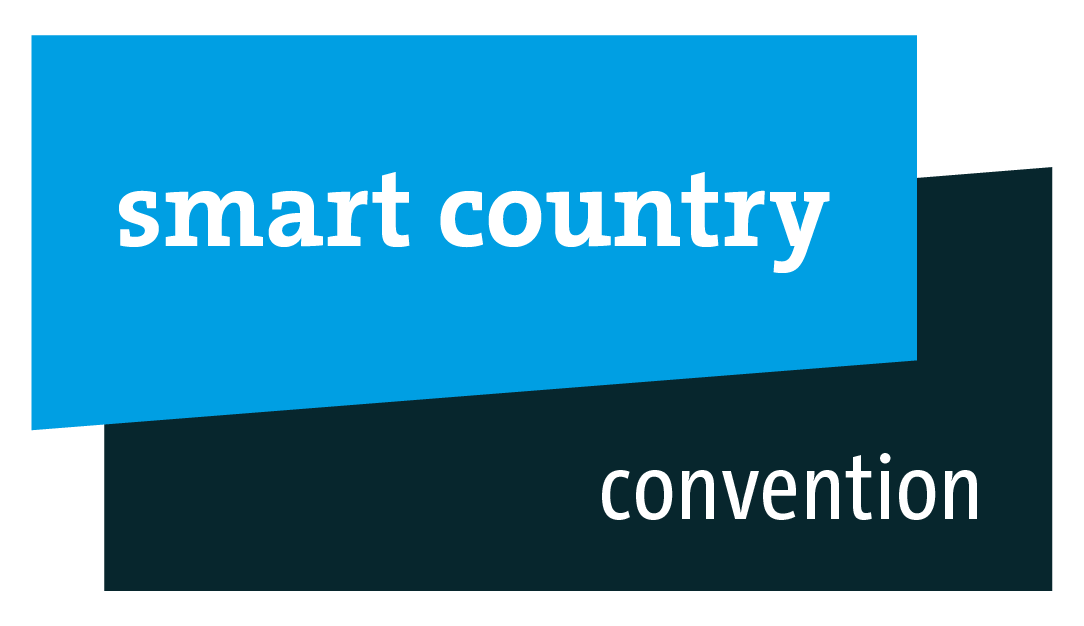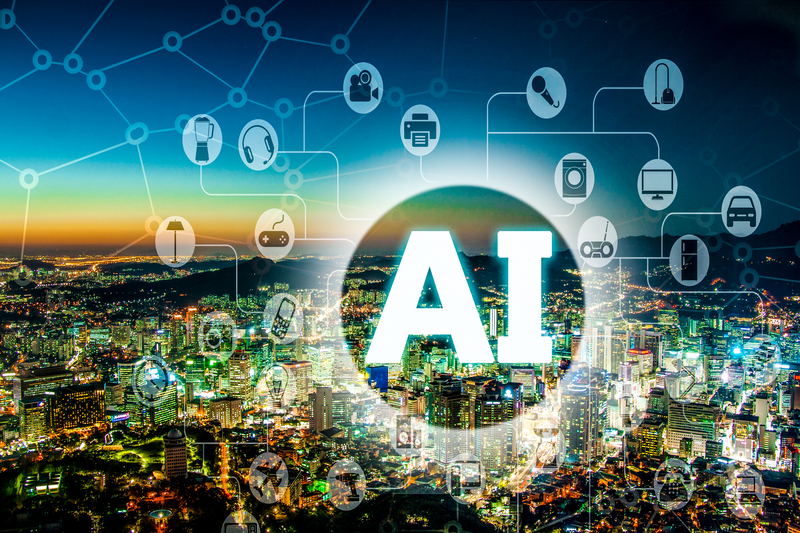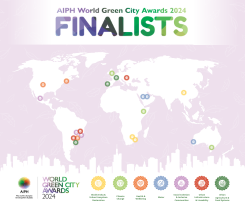
Photo: AdobeStock_249836241_ckphotographyx
Scaling Germany’s smart cities and smart regions
14 June 2023
By: Michael Pfefferle, Head of Smart City and Smart Region, Bitkom
When promoting smart cities and smart regions, Germany still relies on the policy principle of funding lighthouse projects and pilots. The federal and state governments are launching funding programmes without drawing on the experience gained from digitisation projects over the past 20 years. Again and again, public funds are used to develop digital solutions that have long been solved elsewhere (at the federal, state or municipality level) or that are already ready for the market.
Decentralised digital projects are developed again and again, instead of consolidating the know-how and best practices from all federal states and using and implementing existing solutions and products across the board.

The federal government has undertaken to promote smart cities and smart regions more strongly and is making a total of €820 million available for this purpose. The Smart Cities Model Projects (Modellprojekte Smart Cities) supports 73 projects, which will create best practices for 11,000 German municipalities nationwide. Once again, one challenge is that many municipalities are working on the same projects in parallel. For this reason, working groups have now been initiated that are dedicated to the topics of smart city data platforms, smart neighbourhoods or digital urban twins, for example. It is still unclear whether the programme will demonstrably support digitisation in rural regions in the coming years and lead to nationwide digitisation. It is highly questionable whether the current funding programme, which complements programmes of the EU and the federal states, will lead to the scaling up of smart city initiatives in Germany.
E-government challenges
Germany has been struggling with similar demands in the implementation of e-government for some time. German governments at federal, state and regional level have started far too late to digitalise their administrative services and to invest in the modernisation of their internal administrative processes. The Online Access Act (Onlinezugangsgesetz) has set the goal of making all administrative services in Germany available digitally by the end of 2022. This goal has been missed by far: at the end of last year, less than 100 of about 700 administrative services were available nationwide in Germany. Even worse: the digital services are hardly used by citizens and businesses.
It therefore comes as no surprise that Germany continues to rank only in the lower midfield in the DESI Index of the European Commission on the digitisation of the public sector. In 2022, Germany ranked only 18th in the category ‘Digital Public Services’. The federal government has set itself big goals in the area of administrative digitisation and wants to lead the country into the top 10 of the DESI Index in the next few years. For this to succeed, great efforts are necessary. First and foremost, the public IT infrastructure (especially the use of cloud solutions) must be massively expanded in order to be able to develop and offer administrative services in a flexible and scalable manner. In addition, uniform standards and interfaces must be defined throughout Germany and basic components (user accounts, mailboxes, development platforms) must be made available so that solutions can be used jointly. But perhaps most importantly, the federal, state and local governments need the common will to develop a digital state that offers its citizens real added value through proactive, partially automated and transparent administrative procedures.
These challenges will again be the focus of this year’s Smart Country Convention from 7 to 9 November 2023 in Berlin. It is the leading platform for the digital transformation of local government and the development of smart cities and regions in Germany. With 12,000 participants due to attend, it is a must for everyone with a stake in the digital transformation of the public sector.
Brought to you by:











